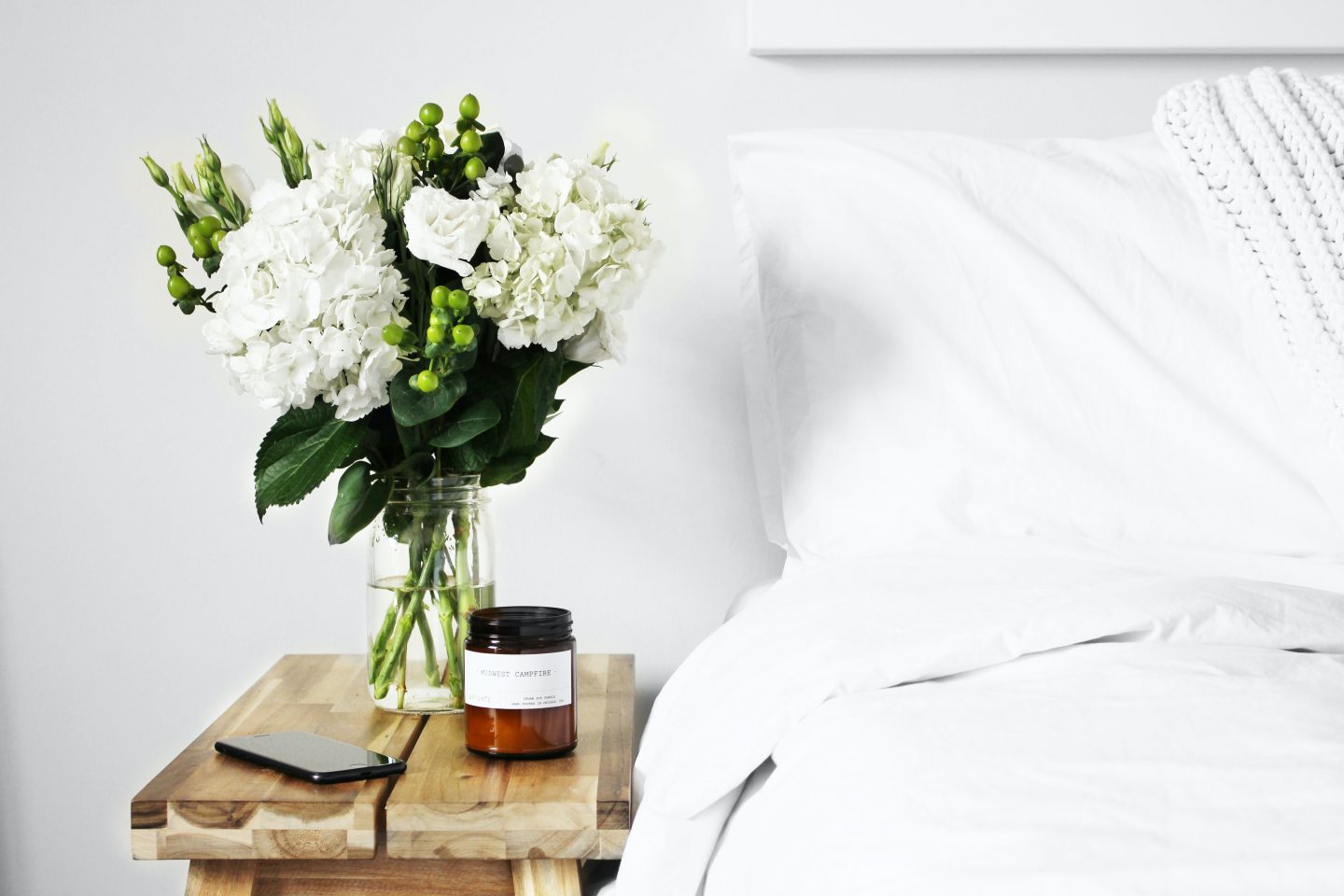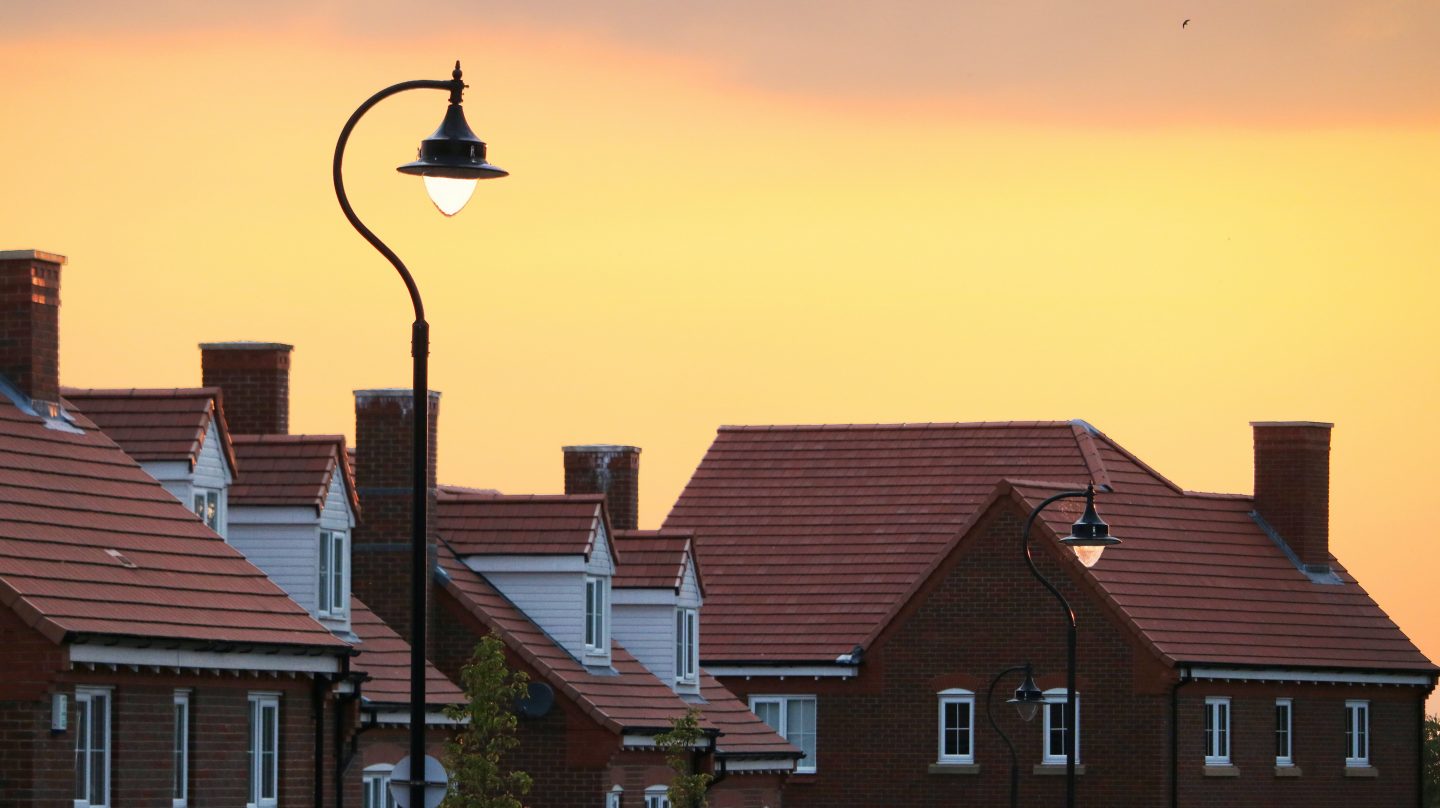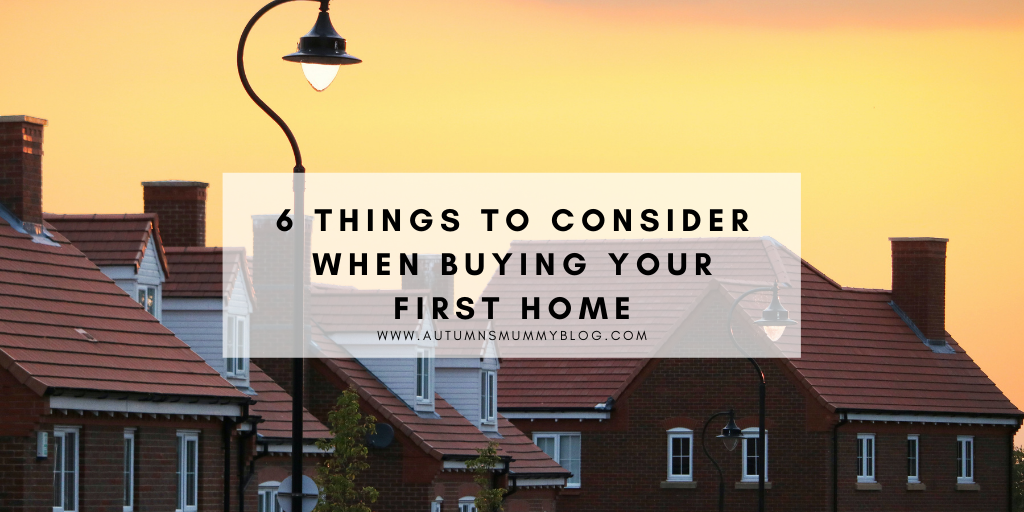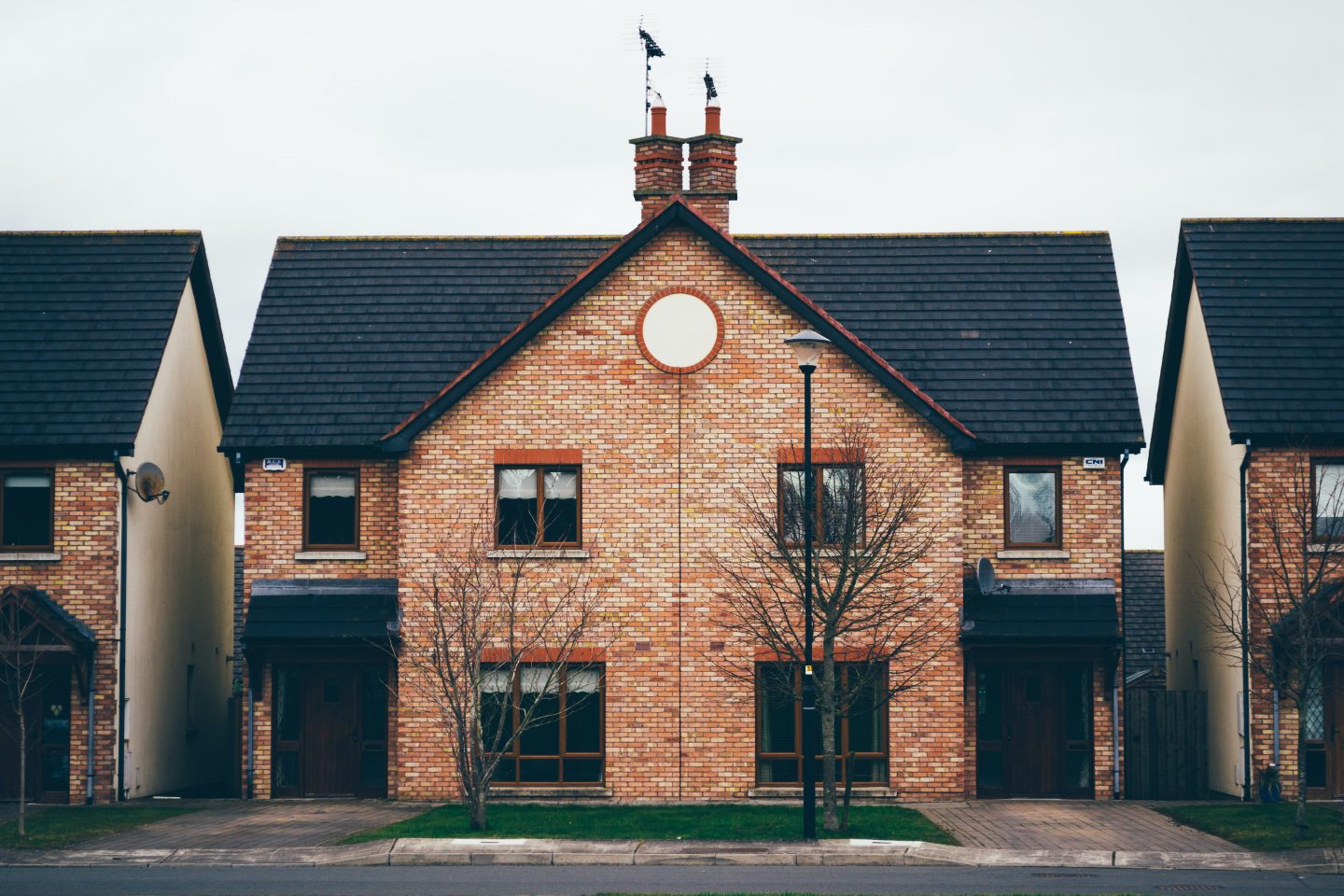Collaborative Post¦ About to buy your first home or thinking about it? Congratulations! This is such an exciting, (albeit often stressful), time! It’s been 8 years since my husband and I bought our first home. We’re currently in the process of buying a slightly larger house, as we have a baby on the way! Doing this all again has reminded me just how daunting it is for first time buyers. There is a lot that needs to be considered, so hopefully this post will help you to make some important decisions and keep the process as smooth as possible.
Cost
Buying a house may well cost more than you think. Bridging loans can be a good option for helping you to afford all these costs. As well as the price the house is up for sale for, there are many other things you’ll need to pay for that should be considered:
Stamp Duty
You usually have to pay stamp duty on any house costing more than £125,000. However, there is some good news for first time buyers, as you don’t have to pay any stamp duty on the first £300,000 of a house costing up to £500,000. That said, there is currently a stamp duty holiday until April 2021 due to coronavirus. Check out the changes here!
Mortgage Arrangement Fee
You’ll need to pay around £1,000 to your lender for arranging the mortgage. You usually have the option to pay this upfront or add it to the cost of your mortgage.
Valuation Fee
A valuation needs to be done on the property so that the lender can check out what it’s worth. The cost of this varies between about £150 and £800 depending on the location and size of the property.
Survey
You should always pay for a survey when buying a house. Surveyors inspect a building to determine its condition and value and the report contains a lot of information you will need. This is a fee that does need to be paid upfront. To give you a ballpark figure, we paid £350 for the survey on the 3 bedroom property we’re buying. They can cost up to £700 and it’s a good idea to budget for doing up to 3 or 4 of these in case your purchase falls through.
Insurances
You’ll need to purchase home insurance on your new house. Fitting a Smart alarm can sometimes help to reduce the cost of this, as well as offering protection and peace of mind. It’s also recommended to buy several other types of insurance, such as life insurance, mortgage protection insurance and critical illness cover as these can protect you and anyone you’re buying with financially if one of you gets ill or dies.
Moving costs
Unless you don’t have many things, you’ll probably want to hire a van. This can cost as little as £100 a day, or if you want to use a removal service it will take a lot of the stress away but cost around £1000 or more. Whichever way you decide to go, make sure you get several quotes.
Repairs
It’s always a good idea to prepare for unexpected repairs you may need to do around the house. Within a fortnight of moving into our first home, the boiler broke! Hopefully you’ll have better luck than us, but there will likely still be things that need fixing that went unnoticed when viewing the property.
New Installations
Furnishings
Even if you can obtain free dining tables and sofas from friends, family or local Facebook groups, there will likely be things you still need. Even things like washing up bowls, toilet brushes and towels all add up! We were surprised by how expensive curtains are.

Location
A good location can be more important than what the house is like. After all, you can change what it looks like inside, but you can’t pick it up and move it somewhere else! Visit the road and local area at different times of day. I remember when we were buying our first home, we viewed a 2 bed terrace that we both liked. However, when we visited in the late evening there was a big group of teenagers being boisterous outside the corner shop at the end of the road. That put us off, as we didn’t want the noise and I wanted to feel safe if I wanted to pop to the shop for something.
Consider how far you’ll have to travel to the nearest supermarkets and how close motorways and A-roads are, especially if you need to use them to commute! Think about whether it will take a reasonable time for you to commute and maybe even do a few practice runs to see. If you have decided on a specific area in which you’d like to move, for example, if you’ve been looking for Tellico Lake homes for sale then ensure that you’re researching Tellico Lake, surrounding areas, commute times, and more. Completing your research early on can help you and your family settle in after the move.
Also take a look at what the schools are like in the area if you have children or are considering having children in the future.
Potential problems
Make sure you consider problems that could present a risk to your health and to your bank balance! Check for damp when you look around. You can usually see signs of it and often even smell it! There are also other things to look out for such as a history or future risk of subsidence or flooding.
Good solicitor
Make sure you find a good solicitor to process all the paperwork from your side. When we bought our first home, we didn’t choose a specific solicitor but chose a company who had done a good job with processing a divorce in my husband’s family and my grandfather’s will. However, we should have asked around for a solicitor who had a good track record when it came to buying property, as the one we had was extremely inefficient and caused many headaches. At one point, the purchase almost fell through because of something she forgot to ask us to do. She only told me this as she was laughing and swanning off to lunch with colleagues, as I happened to bump into her in the doorway when I was dropping some paperwork off.
Be wary of leaseholds
I would personally always recommend trying to buy a property that is a freehold rather than a leasehold, as once the mortgage is paid, that property is yours. With a leasehold, you’re paying to lease it for a number of years. Be wary of short leases – you really want at least 83 years on it. It can take a while before you’re allowed to pay to extend the lease and it can be extremely costly! If you want to move house in the future, trying to sell with a short lease can be very problematic.
Check out plans for nearby
Try to find out if any construction etc. is planned nearby. If there is a beautiful view, it would be terrible to find after buying the house that there is a new housing estate due to be built which will ruin it. This would also decrease the value of the house in the future. This could also be the case if a new road is due to be built nearby, increasing pollution.
Sometimes plans may work in your favour, though. New transport links or shopping centres can help to increase the value of the property!

Disclosure: This is a collaborative post.

